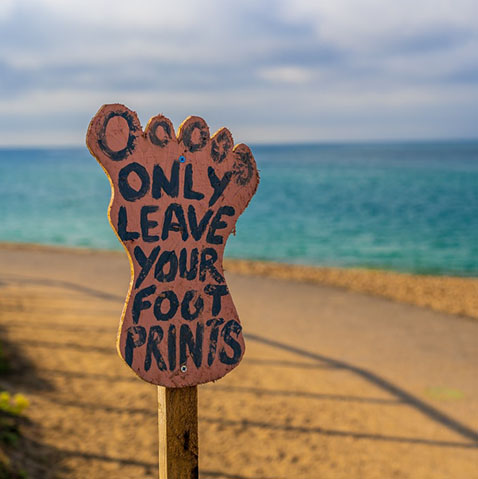Sustainability in tourism: System Change or Behavior Change ?
The need for sustainable tourism and responsible travel is clear and immediate. There is a need to make many changes in the tourism system and we need to do it now. But – how do we make the greatest impact? In responding to this question, I feel stuck between two scientists that I greatly admire. Jane Goodall captured my imagination almost 50 years ago when I first read about her a primary school reader. She has been an inspiration ever since and I often quote her: What you do makes a...












